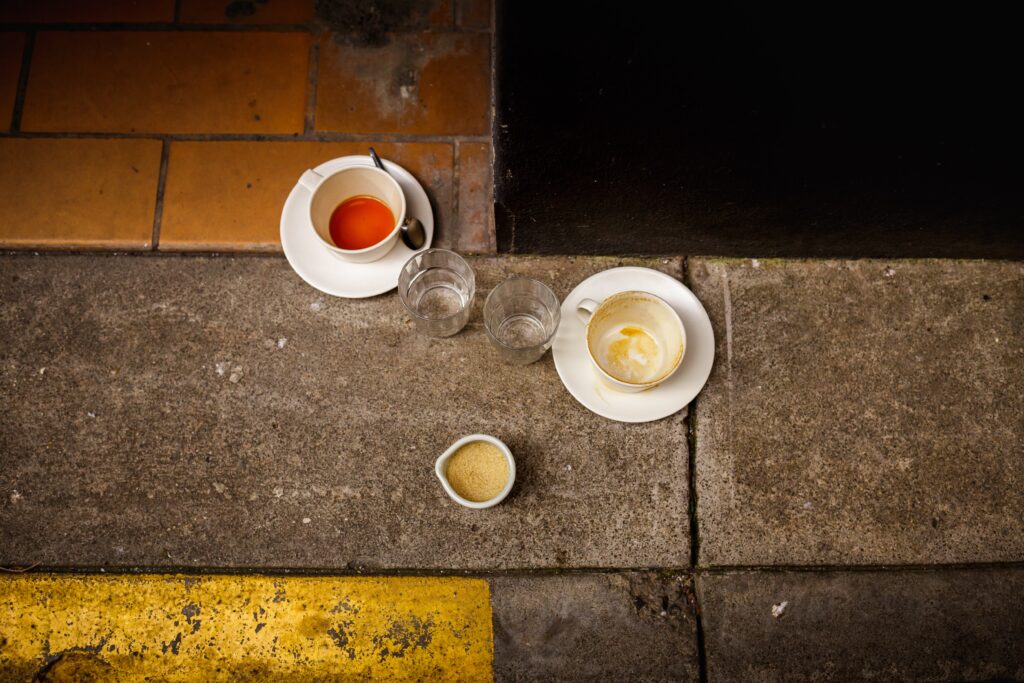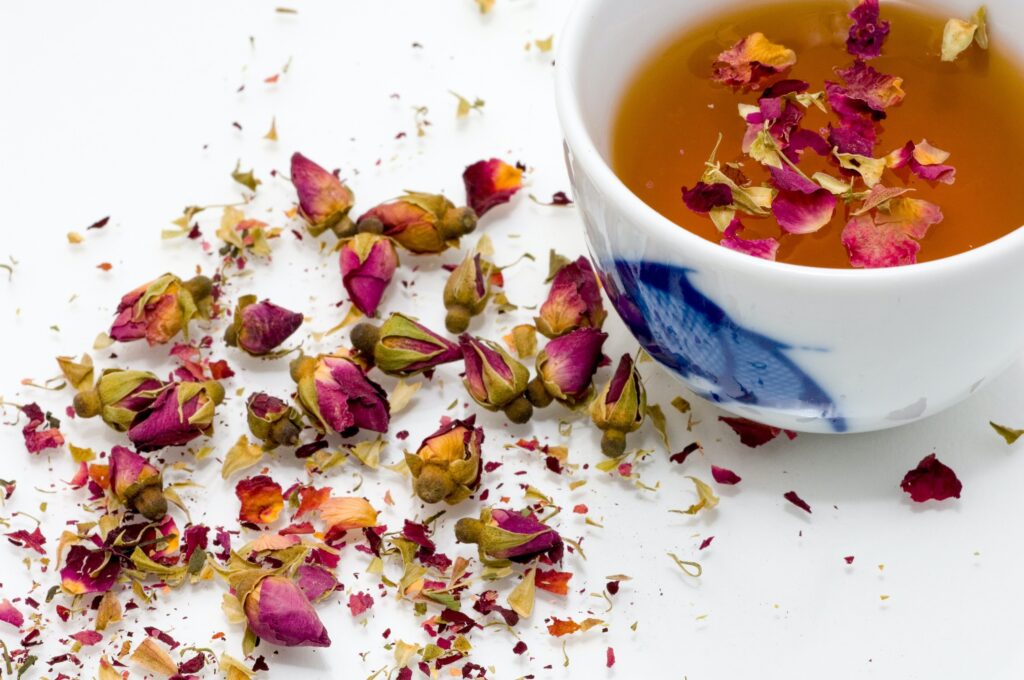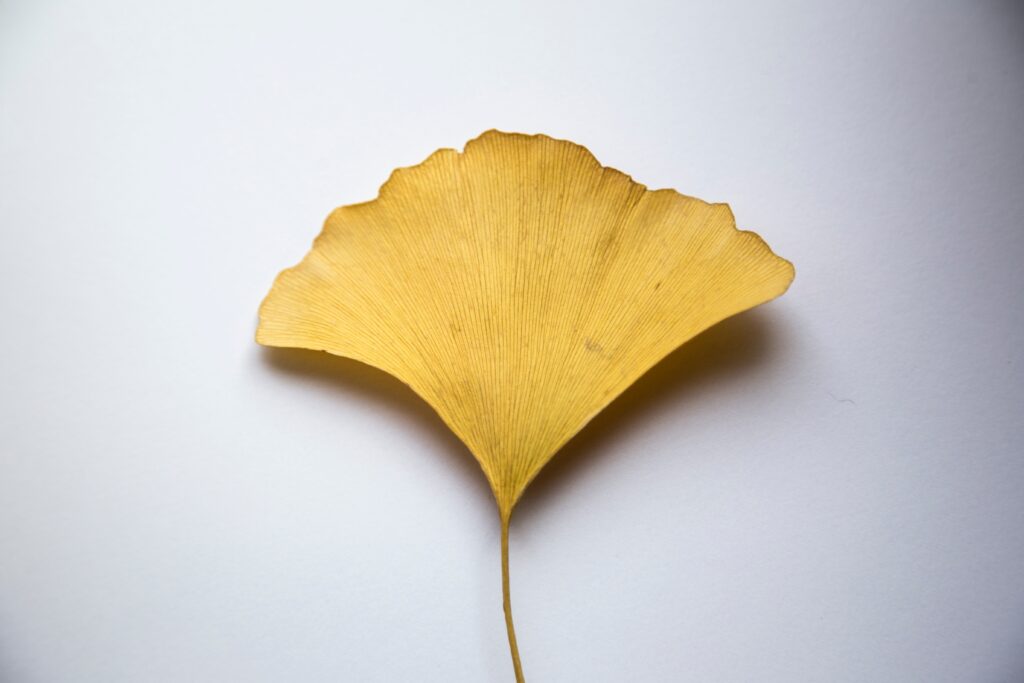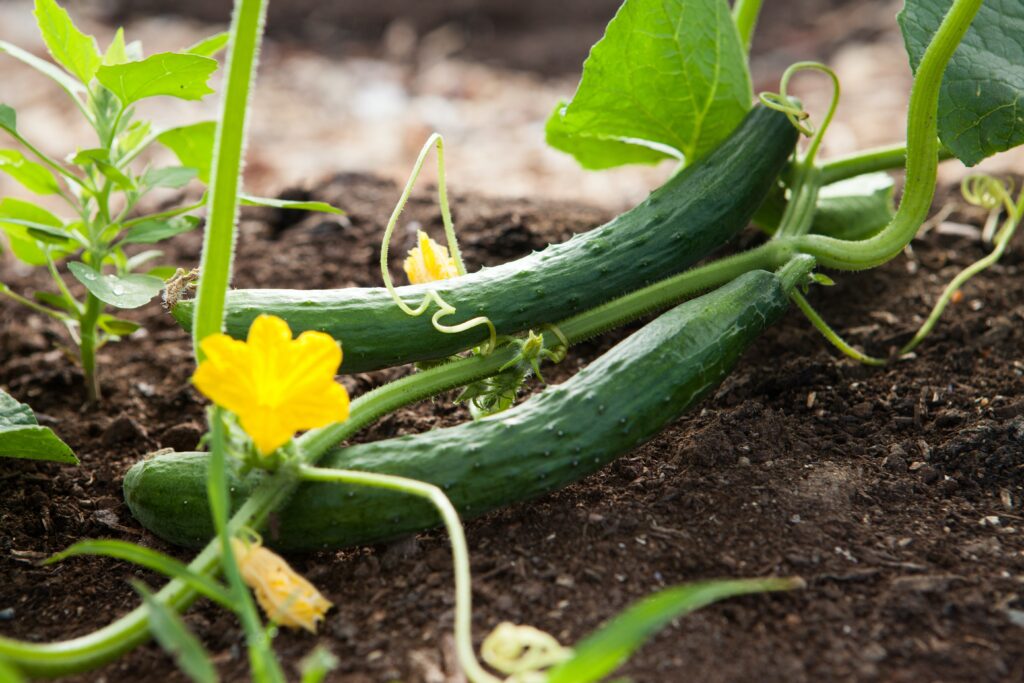
Take Care of Yourself With Heart-Healthy Tea
Love’s annual celebration is behind us. We hope everybody in our Ku Cha House of Tea diaspora savored Valentine’s Day with cherished ones.
But February’s engagement with the heart doesn’t end on February 14. The entire spread of 28 days is American Heart Month.
We experience our hearts about 22,000 times a day, which is the average number of times people breathe during a 24-hour period. The rest of the organs don’t remind us of their presence in such a visceral way. We need them all to thrive, but the heart is the essence of vital — our bodies, our breath and our lives depend on its health.
Diet, exercise and stress-reducing practices all help fortify our beating hearts. Consider tea as part of a heart-healthy diet. All styles of tea brewed from Camellia sinensis are good for our hearts. And many herbal teas, too.

Heart-healthy tea: Black
Medical researchers have devoted years of research to links between tea and healthy hearts. The results are … heartening.
A big one, published in 2018 in the Journal of the American Heart Association, found that daily tea sipping my help bodies hold onto so-called “good cholesterol,” or HDL, as they age. Prior research found strong links between tea and reducing “bad cholesterol,” called LDL.
Combined — tea mitigates the bad stuff and grows the good stuff — the research points towards tea as a smart choice for people concerned about heart health. In other words, all of us who have inched past our 20s.
The study suggests that polyphenols and catechins, compounds found in abundance in both black and green tea, could be responsible for tea’s notable effects on cholesterol and thus heart robustness.
Another recent study, published last year in the European Journal of Preventive Cardiology, found that people who drink three or more cups of tea a day (count us in!) had a 20% lower risk of heart problems, and a 22% lower risk for dying of heart disease. The study was extensive, using data from more than 100,000 Chinese adults and spanning over seven years.

All traditional teas offer benefits
Both of these studies apply to green and black tea, as both are packed with healthy compounds — in fact, green tea contains slightly more of the health-boosting substances. But studies that focus explicitly on black tea also show promising results. And we carry a large selection of black teas at Ku Cha. All of them are good for the heart. Among our range of black teas, one crowd favorite is our Rocky Mountain Breakfast, which we sell whole-leaf in bags as well as a decorative tin.
For example, Preventative Medicine published research showing that black tea drinkers over a period of time experienced decreased levels of LDL, and enhanced levels of HDL, by significant amounts: 16 percent for LDL and 20 percent for HDL. The European Journal of Clinical Nutrtion found that people who regularly drink at least three cups of black tea a day lower their risk for heart disease. And the journal Stroke closely examined 9 different black tea-related studies, which involved more than 200,000 people, and found that 3-cup-a-day black tea drinkers had a 21% lower risk of stroke than people who drank less than a cup.
By no means is black tea a cure-all for heart problems. Gallons of black tea won’t reverse the problems that come with lousy diets, lack of exercise and high stress. But the evidence demonstrates that our treasured evergreen shrub, Camellia sinensis, offers a wealth of heart-strengthening properties.

Heart-healthy tea: Rose
Tea is much more than brewed leaves from the Camellia sinensis plant. Peppermint, chamomile, lemon balm, echinacea — an enormous volume of plants count as tea when steeped in hot water.
Among them all, different parts of the rose plant offer especially profound hearth-health benefits. We carry a diversity of teas containing rose, including our always popular Desert Rose Herbal Blend, which also involves rosemary, sage, lavender and lemon balm.
Sipping brewed rose for health is not a new thing. Rose plays a strong role in Traditional Chinese Medicine (TCM), where practitioners lean into rose for regulating qi, or life energy. The idea of qi is central to TCM. As the heart is so important for vitality, TCM specialists pay the organ a lot of attention. For centuries they have understood the power of rose.
More than 130 species and thousands of cultivars make up the rose family. All of them are edible and offer potential tea ingredients.
While some parts of the plant are bitter and others sweet, all of them contain antioxidants, which are compounds that destroy the free radicals that cause so much human distress and lead to disease. With roses, the most common antioxidants are polyphenols. Researchers have found that polyphenols reduce the risk of heart disease, among other things.

Rose packs a healthy punch
Tea made from Camellia sinensis also contains polyphenols. But a study of a dozen rose cultivars found their polyphenol content matching and also exceeding that found in green tea.
One part of the tea plant that is often incorporated into tea, rose hips, is high in antioxidants called flavonoids. Studies report that sipping flavonoid-rich rose hip tea helps reduce blood pressure in people wrestling the blood pressure issues. It also improves blood flow to the heart.
Even more, a study of adults consuming 40 grams of rose hip powder a day experienced significant improvements in blood pressure as well as levels of LDL.
Chinese physicians have turned to roses for centuries to help ailing hearts. And now, Western medicine is embracing the beautiful flowers, too.
Drink your roses! Not only are they good for your heart, they also add gorgeous perfume to teas and floral flavors. They can add the sense of sweetness, too, even though they don’t add sugars to the tea.

Heart-healthy tea: Ginkgo
Ginkgo biloba is the last living remnant of species in the Ginkgophyta division. In many ways, the trees, which are native to China and powerfully embraced in Japan, are living fossils. The fossil record reveals ginkgo trees dating back 200 million years.
Europeans first encountered the tree in 1690 in Japan, and soon began planting it in their countries. Now, people plant ginkgo trees around the world. They are exceedingly sturdy, and thrive even in stressful urban environments. In fact, the devastating 1945 atom bomb explosion in Hiroshima killed nearly everything thing it touched. But six ginkgo trees survived the blast, and are alive today. Japanese people are so fond of ginkgo that the tree is the official tree of Tokyo, and Tokyo University’s symbol is of two ginkgo leaves.
The tree’s tenacity might help explain its uses in TCM. Practitioners use ginkgo seeds to open “channels” of energy to different organs, including the heart.
As with many natural substances leveraged by Chinese medicine physicians, Western medicine now also engages with ginkgo. We carry several teas containing ginkgo, including our custom CHA-Relax, the fruit of a partnership with the University of Colorado’s Center for Humanities & the Arts. In addition, customers can buy straight ginkgo through our Blend-Your-Own-Tea service, as well as our Organic Tired Bone Blend and our Boreal Forest Bath Tea.
A study of people suffering from heart disease, for example, found that those taking ginkgo experienced enhanced blood flow immediately after consuming the plant. Why? The study attributes it to a 125 increase in the amount of nitric oxide in the body. Nitric oxide dilates blood vessels, which helps with blood flow.
Multiple other studies point towards ginkgo’s potential for strengthening hearts. Most of the studies suggest that ginkgo’s bounty of antioxidants and other anti-inflammatory compounds contributes towards its medical value.
Side note: People around the world are still celebrating Lunar New Year. Many of them, especially in China, will incorporate nut-like substances found within ginkgo seeds into a Chinese New Year vegetarian dish called Buddha’s Delight.

Heart-healthy tea: Jiaogulan
Jiaogulan is a flowering vine, found in the same family of plants for melons and cucumbers, among many other things. But unlike its relatives, Jiaogulan contains a high volume of substances called saponins that are also found in the root ginseng.
The 28 active saponins in ginseng, called ginsenosides, are widely understood as energy enhancing and stress-mitigating compounds. Jiaogulan’s 82 saponins, called gypenosides, remain obscure across much of the West.
We would like to see that change. To that end, we carry an extraordinary custom blend called Immortal Tea, which contains jiaogulan as well as ginseng.
Jiaogulan is an adaptogen, just like ginseng. But it offers more saponins, and is a more sustainable plant than ginseng. Harvesting of North American wild ginseng, which is the most prized (ginseng is native to North America, and was introduced to China as an export), has led to poachers across parts of Appalachia and elsewhere. Harvesting techniques can damage ecosystems and threaten the plant’s future. North American ginseng is now considered endangered by an international consortium.
On the other hand, people across Asia, especially in Southern China, cultivate fields of Jiaogulan, which gets processed into powders or used in tea preparations. They consume it for myriad reasons, including ones that make ginseng so popular: for increased energy, and for better ability to handle stress.
But thanks to Traditional Chinese Medicine, they also understand that Jiaogulan is good for the heart. And now medical studies buttress TCM practitioners endorsement of jiaogulan for heart health.
Among the findings:
- Jiaogulan stimulates nitric oxide production, which mitigates damage done by free radicals and LDL
- Lowers cholesterol levels
- Prevents damage to arterial
- Regulates blood pressure
Happy American Heart Month, friends! Let’s sip our hearts into shape for the month, but let’s also not stop there. Building heart strength should be a year-round pursuit.

